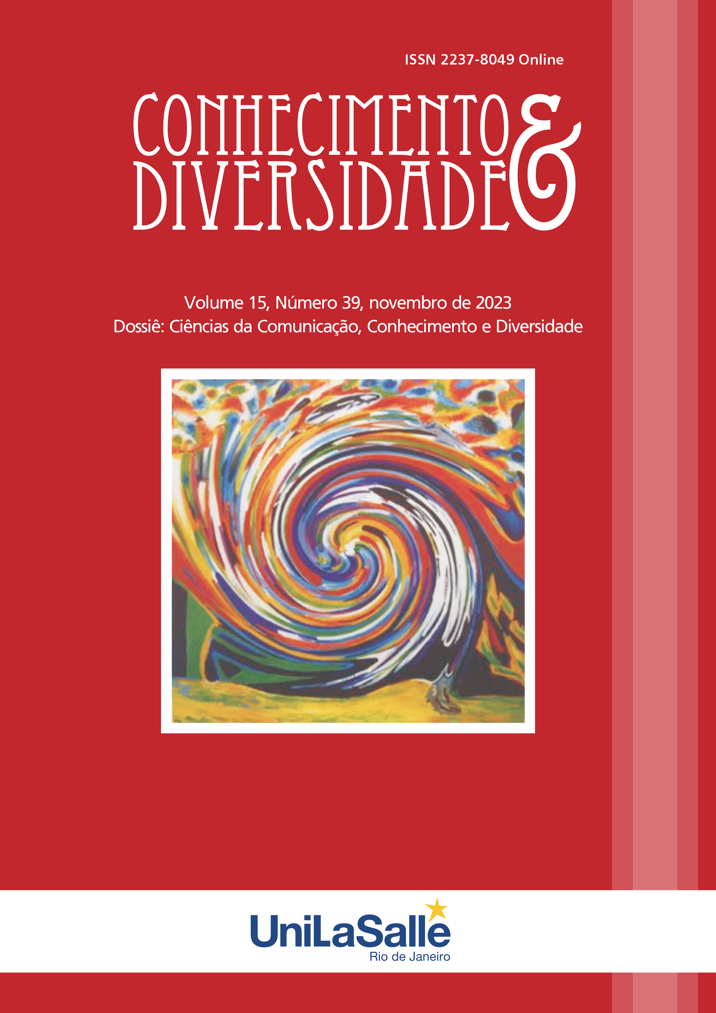THE ROLE OF A HUMAN APPROACH IN CRISIS COMMUNICATION MANAGEMENT
CASE OF COMMUNICATION OF THE MOROCCAN MINISTERIAL DEPARTMENT OF HIGHER EDUCATION DURING THE COVID-19 HEALTH CRISIS
DOI:
https://doi.org/10.18316/rcd.v15i39.11140Keywords:
Communication, Crisis, Human approach, Educating students, Covid-19Abstract
The role of the human approach in the communicative management of a crisis: the case of the ministerial department of higher education's communication during the Covid-19 health crisis. No organisation is immune to crisis situations in the course of its activity. Major public health crises, organisational breakdowns, system collapses or cultural divisions are situations that tend to escape the realm of the exceptional (LAGADEC, 1991).The Covid-19 health crisis is a crisis on a global scale. It has disrupted the functioning of all systems, including education systems. In Morocco, the public authorities have adopted strategies and measures to minimise the effects of the crisis on students' education and ensure pedagogical continuity. To realise these measures, significant communication activity was implemented. This communication management aimed to inform students about the planned changes and involve them in the new way of learning, which was carried out at a distance. During this difficult period, the students had to follow the lessons taught by their teachers and adapt to this transition. The student, faced with such a situation, needs psychological and emotional support, hence the need for a human approach in crisis communication. Therefore, our communication aims to show the importance of a human approach in the effectiveness of crisis communication management, case: education of Moroccan students during the Covid-19 health crisis.
References
Brassard, C. &. (2003). n outil réflexif pour concevoir un scénario pédagogique intégrant les TIC. Actes de la conférence. Colloque EIAH, environnements informatiques pour l'apprentissage humain .
Clainche, M. L. (2021). Covid-19: les défis de la communication de crise(Mars2020-Mars2021). Institut national du service public.
Jeudy, H. (1990). le désir du catastrophe . aubier.
lagadec, p. (1991). la gestion de crise. paris: gallimard.
Lagadec, P. (1991). la gestion des crises: outils de réflexion à l'usage des décideurs. McGraw-hill.
Lebel et Michaud. (1989). Le tuteur et le support à l'étudiant en enseignement à distance. Post-secondary Distance Education in Canada: Policies, Practices and Priorities .
Lebel, C. &. (1989). Le tuteur et le support à l'étudiant en enseignement à distance. Post-secondary Distance Education in Canada: Policies, Practices and Priorities.
Lebel, C., & Michaud, B. (1989). Le tuteur et le support à l'étudiant en enseignement à distance. Post-secondary Distance Education in Canada: Policies, Practices and Priorities .
Michaud, L. e. (1989). Le tuteur et le support à l'étudiant en enseignement à distance. Post-secondary Distance Education in Canada: Policies, Practices and Priorities .
Portal, T. (2009). Crises et facteur humain: les nouvelles frontières mentales des crises . De Boeck .
Thierry libaert. (2015). La communication de crise. Dunod.
Veyret et Reghezza. (2005). « Aléas et risques dans l’analyse géographique ». Cité par : par Yvette VEYRET, Magali REGHEZZA, Laboratoire Gecko, Université de Paris X-Nanterre, https://www.annales.org/site/re/2006/re43/Veyret. Annales des mines.
Downloads
Published
Issue
Section
License
Copyright (c) 2023 Hanane Boulahrouf, Imane El Kortbi , Nouha Mouaaid , Moulay Maati Alaoui Fennane , Abdelfattah Lahiala

This work is licensed under a Creative Commons Attribution 4.0 International License.
As recommended by the Public Knowledge Project, RCD adopts for its articles a CREATIVE COMMONS Attribution CC BY 4.0 license.
This license allows others to distribute, remix, adapt and build upon your work, even commercially, as long as they credit you for the original creation.
This is the most appropriate license offered.
Recommended for maximum dissemination and use of licensed materials.



